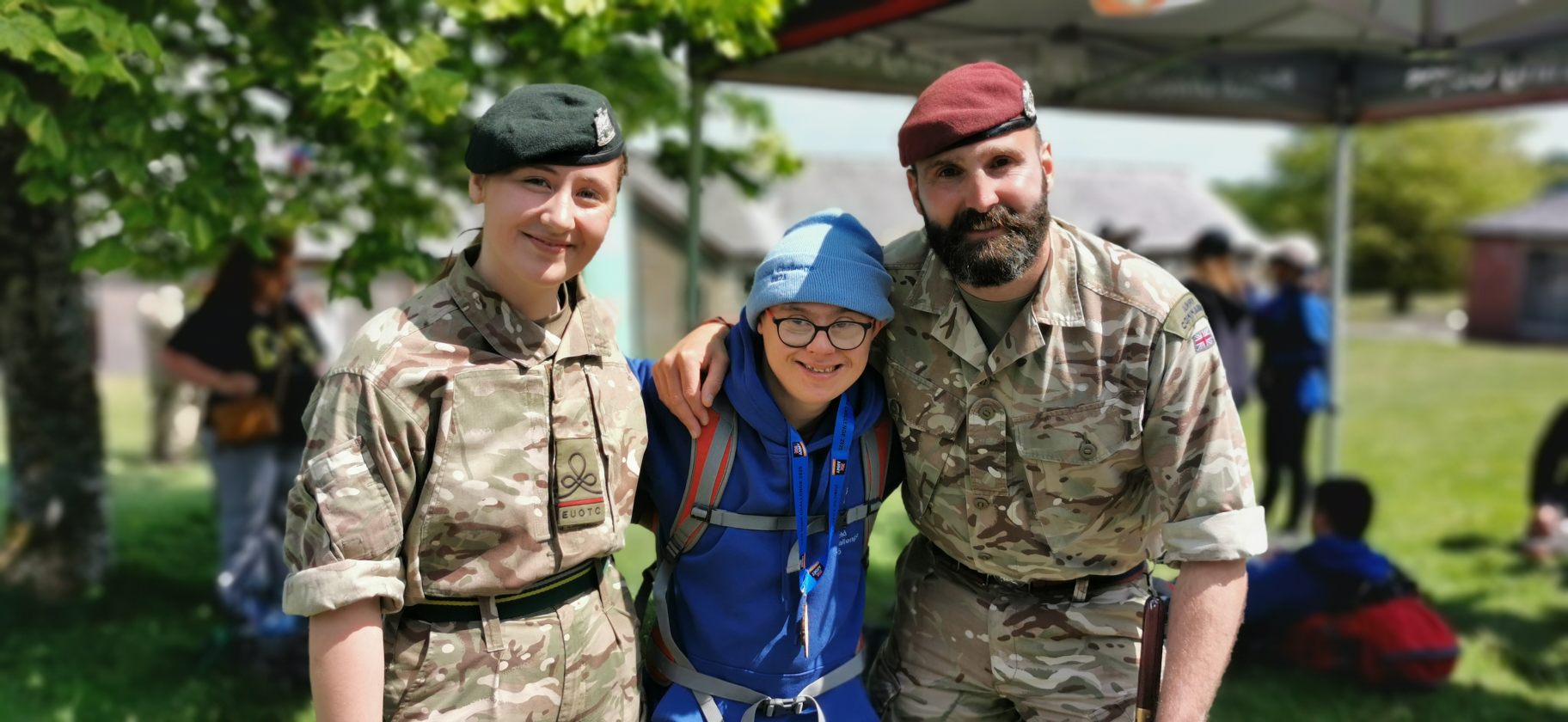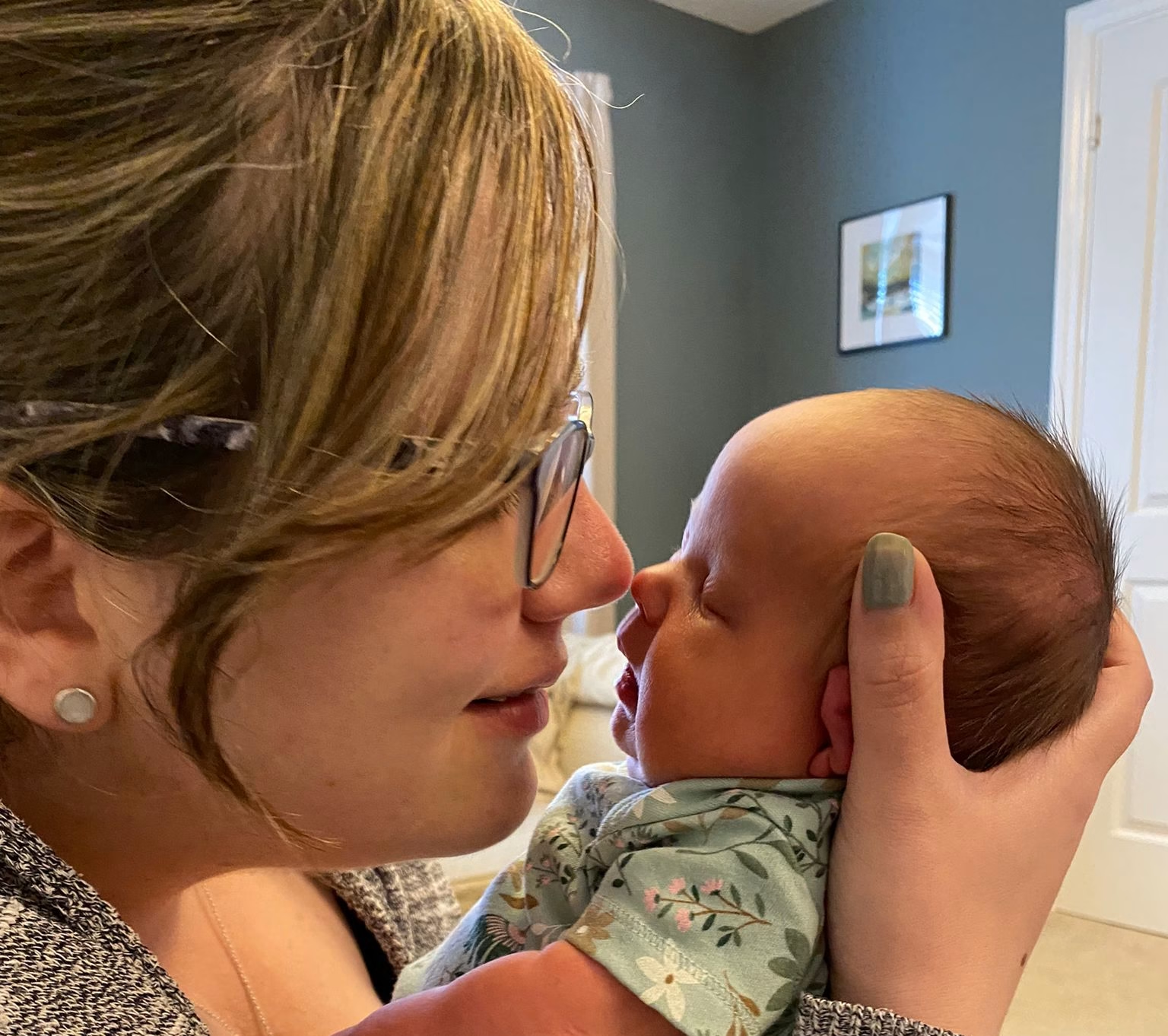- by Dr Rebecca Baxter
In this blog, Dr Becky Baxter outlines four key areas of literacy and shares some tips and practical strategies to develop reading and writing skills of pupils with Down syndrome.
1. Develop sight words from the beginning
Sight word, or whole word reading, is often a strength for pupils with Down syndrome. Typically, learning from looking is easier and print can be used as an aid for memory.
- Build a personalised sight‑word bank with useful words e.g. words which come up most frequently when reading and words that can be used as sentence starters, such as ‘This’, ‘is’ and ‘a’.
- Practice sight words through short, daily activities, such as matching games, reading adapted books, and simple sentence building.
- Reinforce spoken language by saying the word, using it in a sentence and asking the pupil to read or point to it.
- Sight words can also be used to support speech and language targets.
2. Teach phonics in small steps, using visuals to support
Blending and segmenting rely on the areas of difficulty associated with Down syndrome – hearing, verbal short-term memory, auditory processing, speech, vocabulary and language. Small, repeated steps with visual supports can be used to target phonic skills.
- Consider teaching a set of sounds that can be used to build familiar vocabulary and ensure to teach required vocabulary – most Reception-aged children with Down syndrome are unlikely to know ‘tin’, ‘pin’, ‘sat’, ‘sound’, ‘word’, ‘first’, ‘last’ etc.
- Consider focusing on short, consistent phonics sessions that target one sound or rime (e.g., -at, -ig, -en) at a time until achieved.
- Letter sound knowledge is often a strength and many pupils with Down syndrome will learn all their letter sounds before they are able to blend and segment.
- Use visuals such as magnetic letters and letter cards to visually show pupils what we mean by blending and segmenting words.
3. Support reading comprehension from the beginning
Reading comprehension is affected by vocabulary knowledge, language levels and working memory, all of which are areas of difficulty associated with Down syndrome.
- Consider the need to‑teach new key vocabulary in texts/stories and main ideas before reading unfamiliar texts.
- Keep text simple and be conscious of words which the pupil cannot read yet. Pupils should be able to read almost all of the words in a new reading book. Stopping to decode words will impact reading comprehension.
- Ensure the pupil understands the question words you are using – these may need to be taught.
- Offer sentence starters and picture cards to support oral or written responses.
4. Handwriting practice
Motor difficulties associated with Down syndrome can make learning to write more challenging. But with plenty of practice and the right support, pupils can build their handwriting skills. In the meantime, alternative ways of recording might be needed.
- Offer plenty of practice and different activities to encourage writing are likely to be beneficial, such as writing with a stylus on a tablet or erasing letters on a dry-wipe board.
- Tracing is a great activity to practice writing words such as the pupil’s name.
- Whilst working on writing, letter matching, word banks/flash cards and a laptop or tablet can be used to support spelling.
- Regularly review equipment and Occupational Therapy recommendations – many pupils benefit from a pen/felt pen as this requires less pressure and leaves a clear mark.
Reading and writing are challenging skills that take all pupils years to achieve. From the beginning, ensure pupils with Down syndrome are included in all literacy activities, providing visual supports and differentiating as needed. Ensure targets across all areas of literacy to measure progress and celebrate and share successes with parents.
Need more support? Sign up to our Primary Education Programme for further guidance and ongoing support to put these ideas into practice.
Share this post
Author
 Director of Education and Speech and Language Therapy
Director of Education and Speech and Language TherapyDr. Rebecca Baxter as our Director of Education and Speech and Language Therapy. Becky is a speech and language therapist who specialises in Down syndrome and has worked with babies through to young adults with Down syndrome. Becky is also involved in a number of research projects across speech, language and education issues associated with Down syndrome. Becky completed her PhD in 2023 at University College London, which involved developing and evaluating a language intervention for children with Down syndrome. Becky is passionate about supporting speech and language therapists and is currently chair of the Down Syndrome Clinical Excellence Network. She has delivered training to speech and language therapists across the UK and internationally.
View all posts









